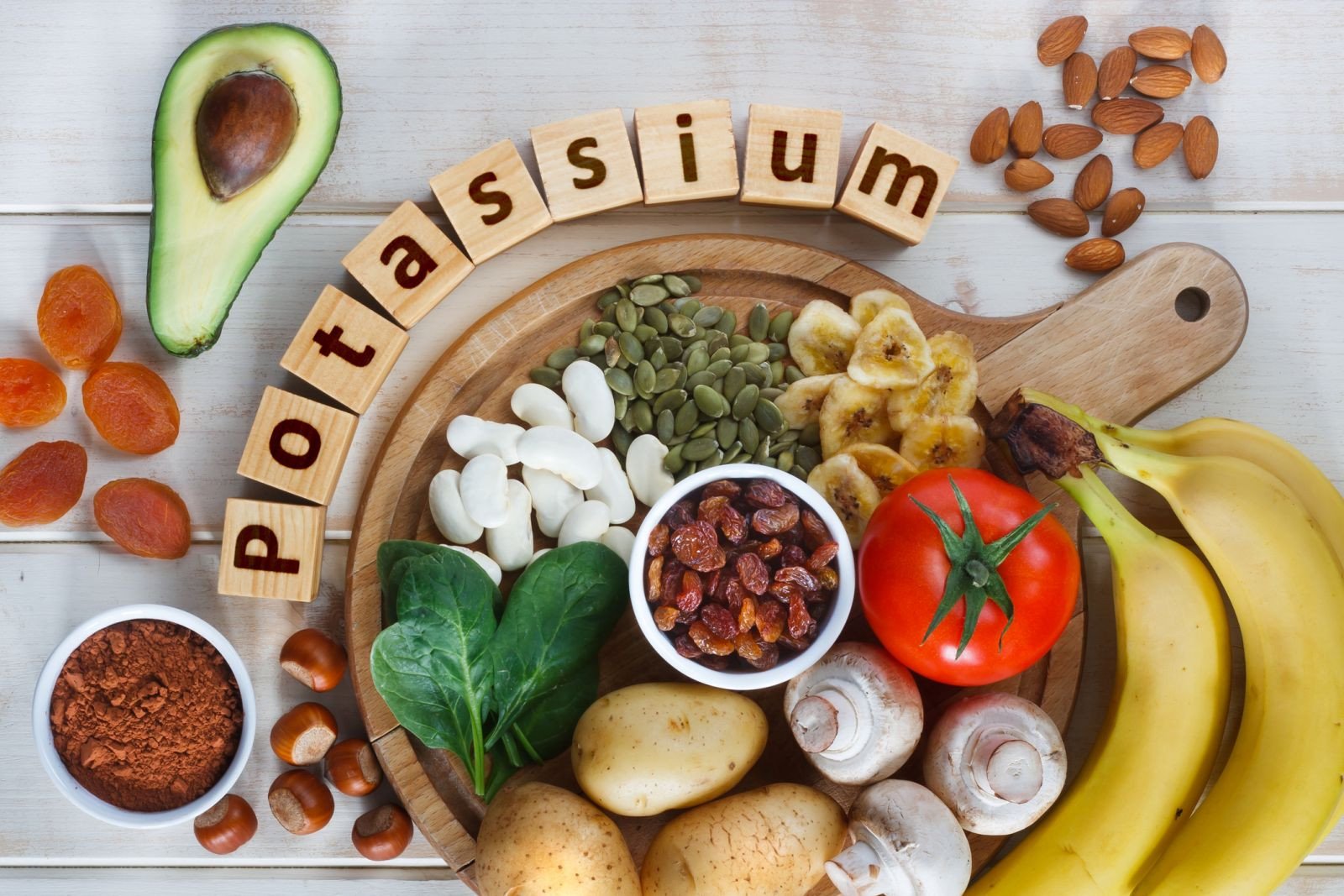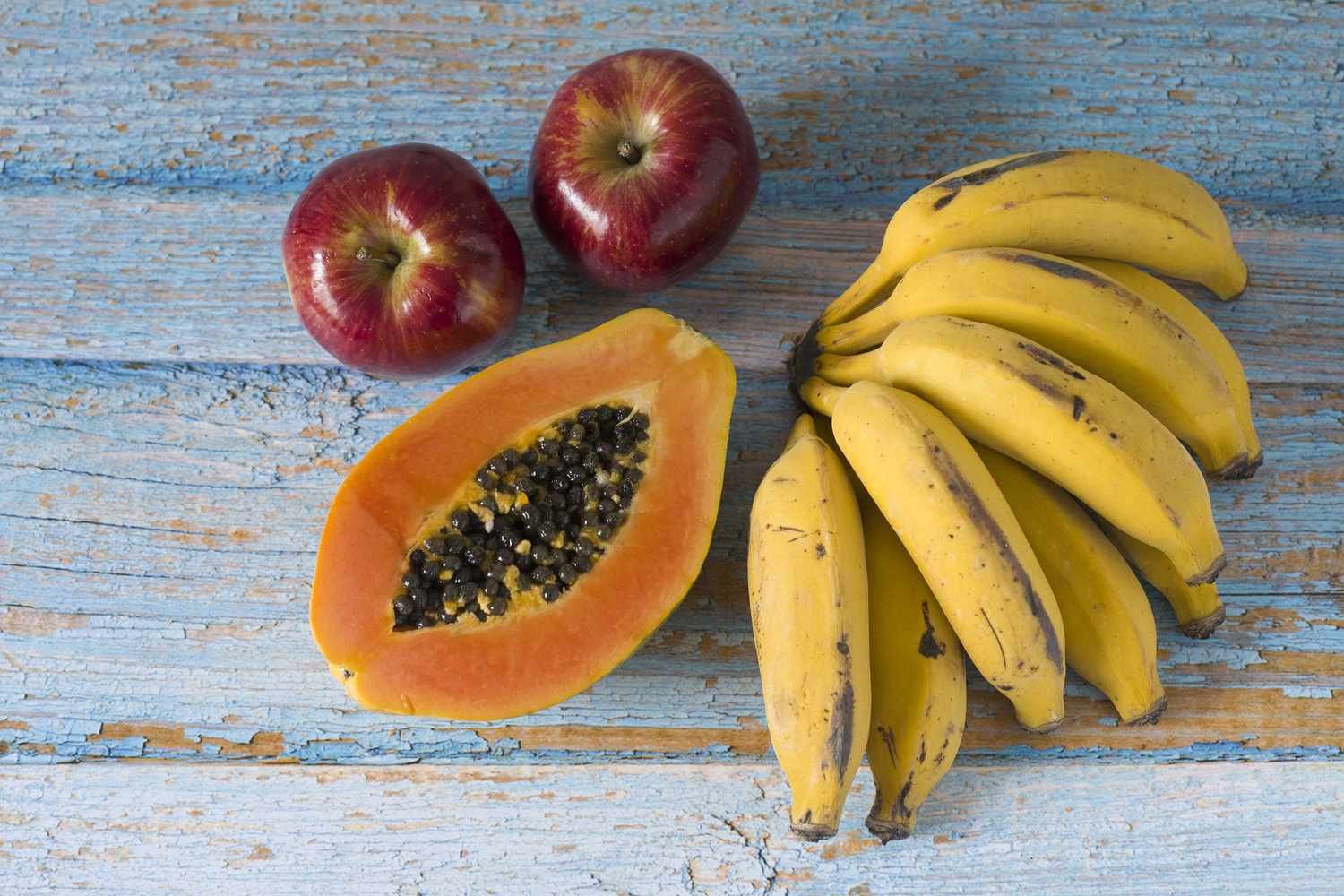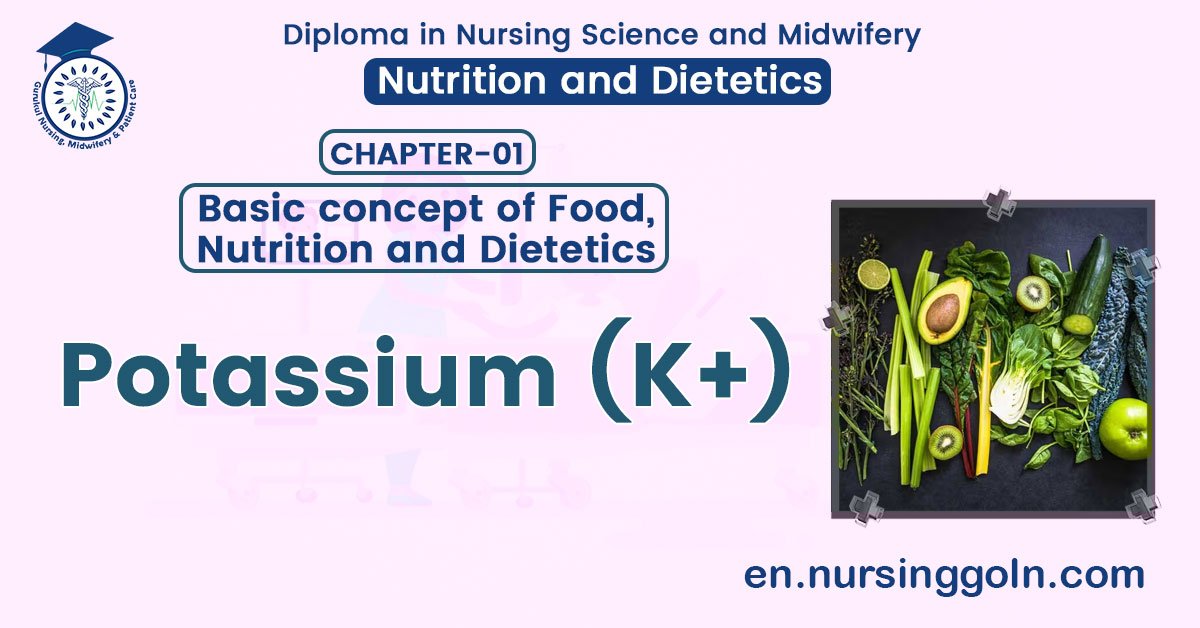Concept about Potassium – This book covers the entire syllabus of “Nutrition and Dietetics” prescribed by BNMC-for all Diploma in Nursing Science and Midwifery students. We tried to accommodate latest information and topics. This book is examination friendly setup according to the teachers’ lectures and examination’s questions. At the end of the book previous university questions are given. We hope in touch with the book students’ knowledge will be upgraded and flourished. The unique way of presentation may make your reading of the book a pleasurable experience.

Concept about Potassium
Potassium (K”) constitutes an important cation of the body. Most of the potassium is present in the intracellular fluid within the cells. The normal potassium (K”) ion of the blood plasma is 5 mEq/liter on the average human body is very sensitive to the alteration of the blood potassium level.
The adult hurnas contains about 250 gm potassium which is present almost entirely in the cells of different tissues, muscle ete. Ninety percent of the potassium is present in cells of various tissues and RBCs. Potassium is absorbed from the gastrointestinal tract. Excess potassium is excreted in the urine.
(Ref: Essential of Human Nutrition/1/40
Sources of potassium:
High sources of potassium is found in-
1. Whole grain.
2. Bread
3. Dried-skimmed milk.
4. Instant coffee.
5. Cocoa
6. Fish.
7. Meat.
8. Fruits
9. Vegetables
10. Legumes and brain.
(Ref: Onila Salin’s Essential nutrition/140
Functions of potassium:
1. Potassium regulates acid-balance in the cell and helps in growth and development of tissue cells
2. Potassium is required for the synthesis of glycogen.
3. Cellular excitability of smooth muscles, skeletal, cardiac and nervous tissues occur in presence of potassium.
4. For the control of involuntary muscular functions potassium is required.
5. It is essential for growth and building of tissues.
Deficiency diseases of potassium:
1. Weakness.
2. Muscular paralysis.
3. In animals, hypertrophy of the heart has been observed.
4. Hypokalaemia.
Hypokalaemia:
This condition occurs due to deficient intake of potassium or during excessive loss of potassium through gastrointestinal tract due to persistent vomiting or diarrhoea.

Clinical features:
The characteristic clinical features of Hypokalaemia are as follows:
- Fatigue.
- Muscular weakness.
- Cramps are common with moderate degree of low potassium.
(Ref: Essential of Human Nutrition/1/50)
